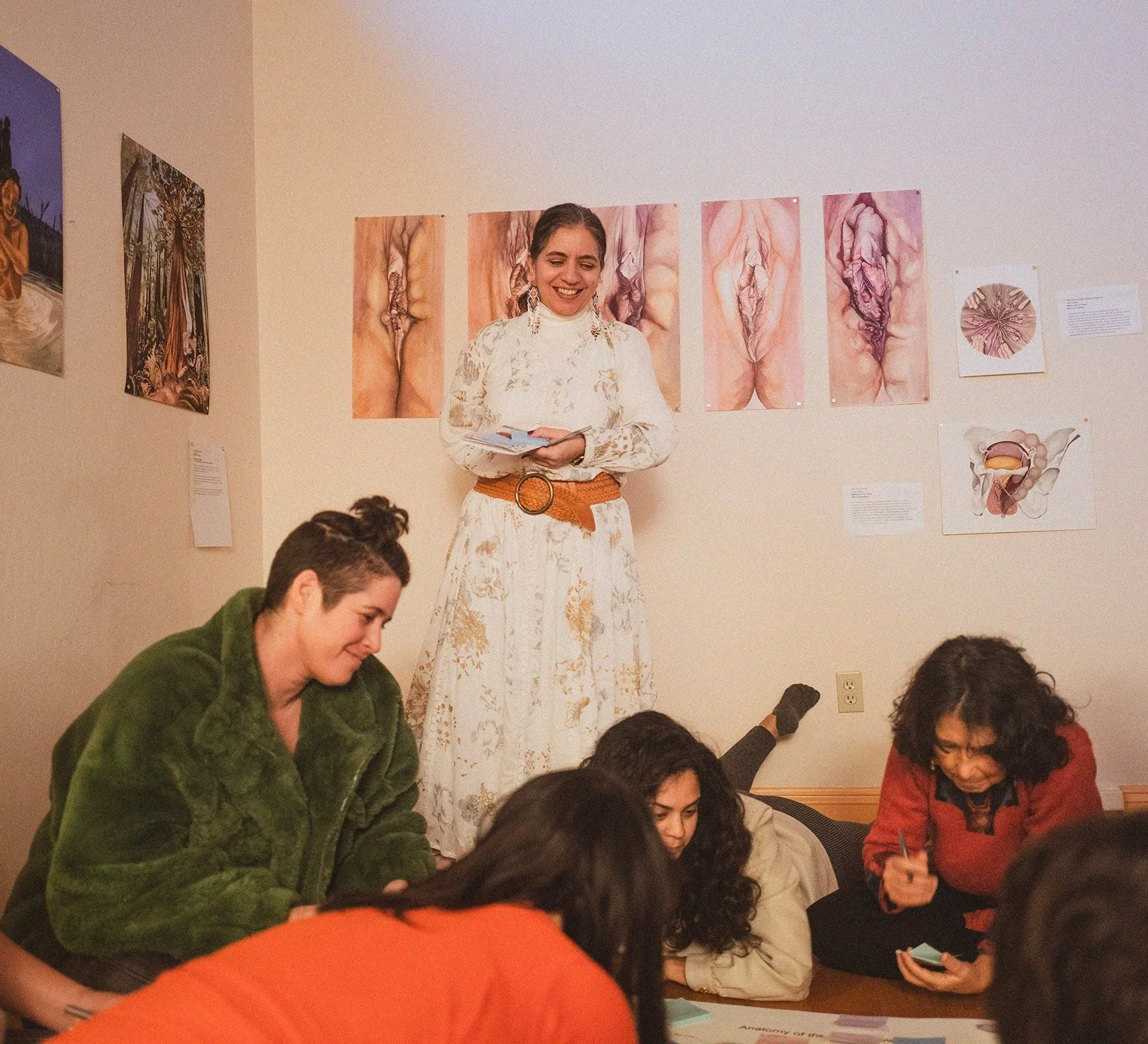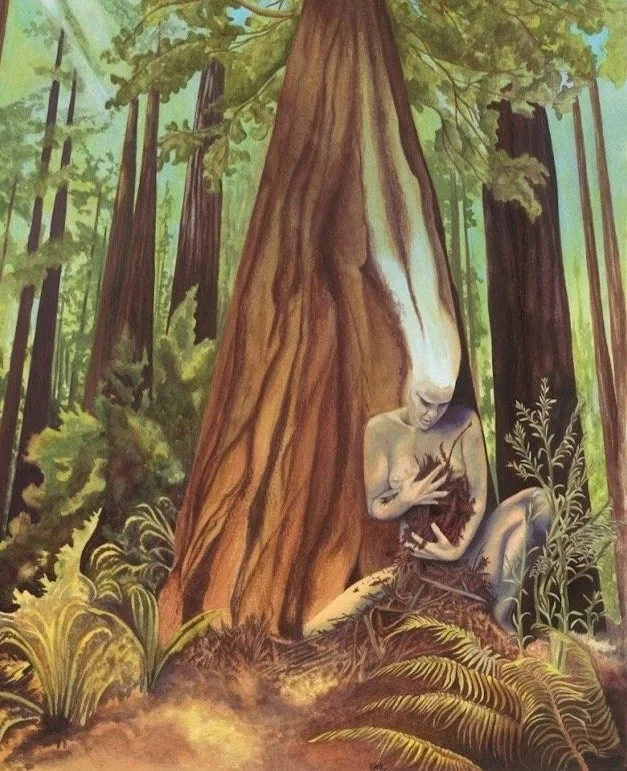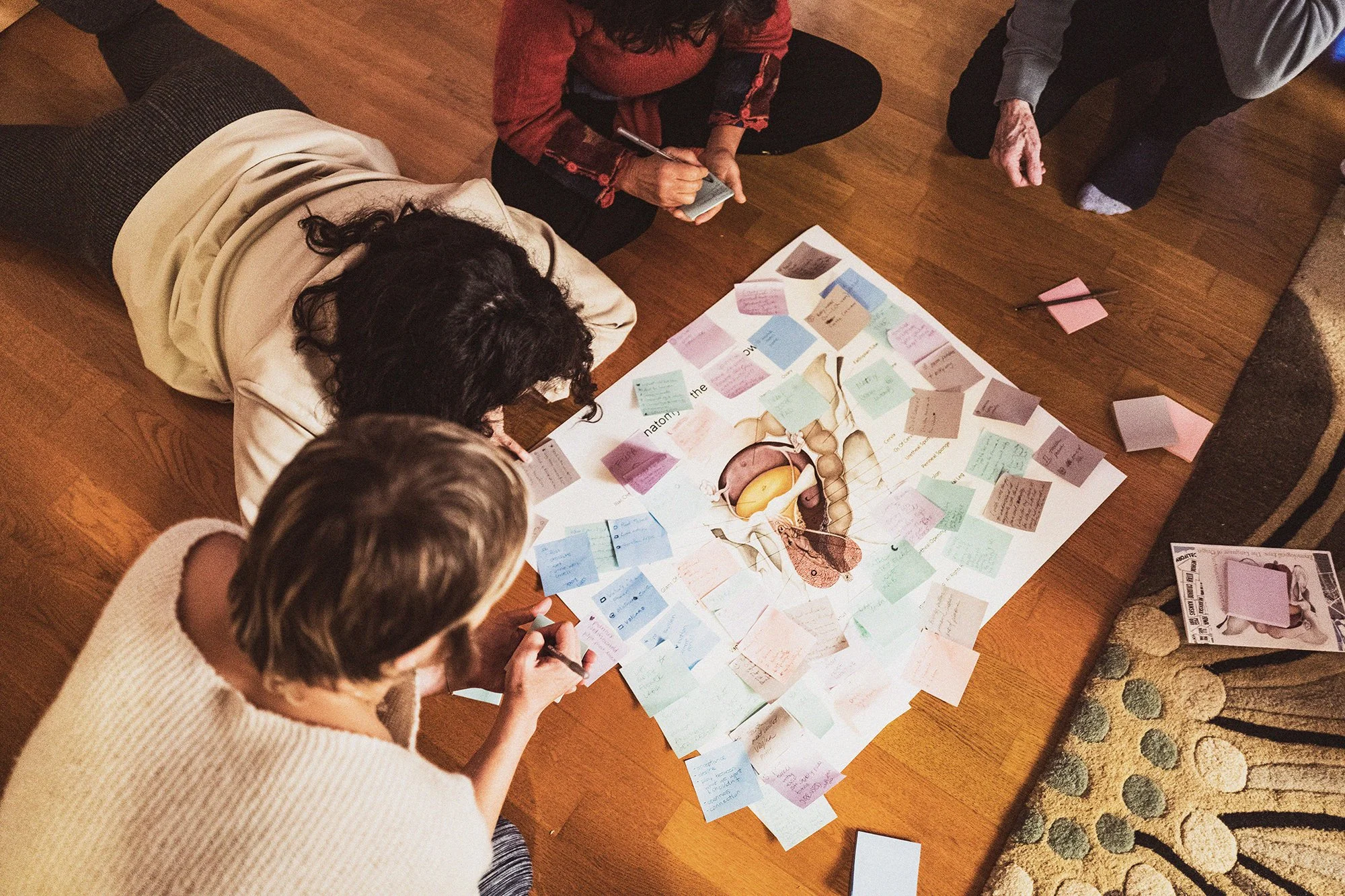
Our Anatomy is holding Participatory Action Research Gatherings where we are studying the evolutionary potential of our bodies and consciousness. Through somatic experiments, image and story, our research is producing artistic, pedagogic materials for learning creative sovereignty, pleasure agency and planetary anatomy.
We are building a culture of community inquiry- asking what is most important to the people who show up to research. Through the Participatory Action Research we turn our lived experience into shared insight and meaningful change.
What is a somatic inquiry?
Somatic inquiries make space to explore our physical, social, spiritual and emotional anatomy beyond what we can understand logically through dialog. Examples: automatic writing, theater of the oppressed, dancing our greetings to the territory, ripping up inaccurate images of our organs of origin and burning them, making breast prints, guided meditation, singing, improv games, aquatic dance, plant baths, sharing aswa, live painting of our organs of origin, feeding the fire our prayers, listening to and drinking local spring water, tasting salt collected from the nearby sea, contact improvisation, imagination games, group water color painting with our spit, and sounding to and from our organs of origin.
What happens at research gatherings?
Research gatherings usually begin with an art showing. Jote shares about what is culminating in Our Anatomy's research- updates about Revel Body, insights from the elders and more . Collaborative art and somatic inquiries are folded into the gatherings to help us investigate beyond language. Then we engage in community dialog related to the theme of the gathering and talk about how particiants want to continue the research.
-

Organs of Origin
Commonly called our reproductive organs or our sexual organs, these magnificent, mysterious organs are the closest physical place to our divine place of origin
-
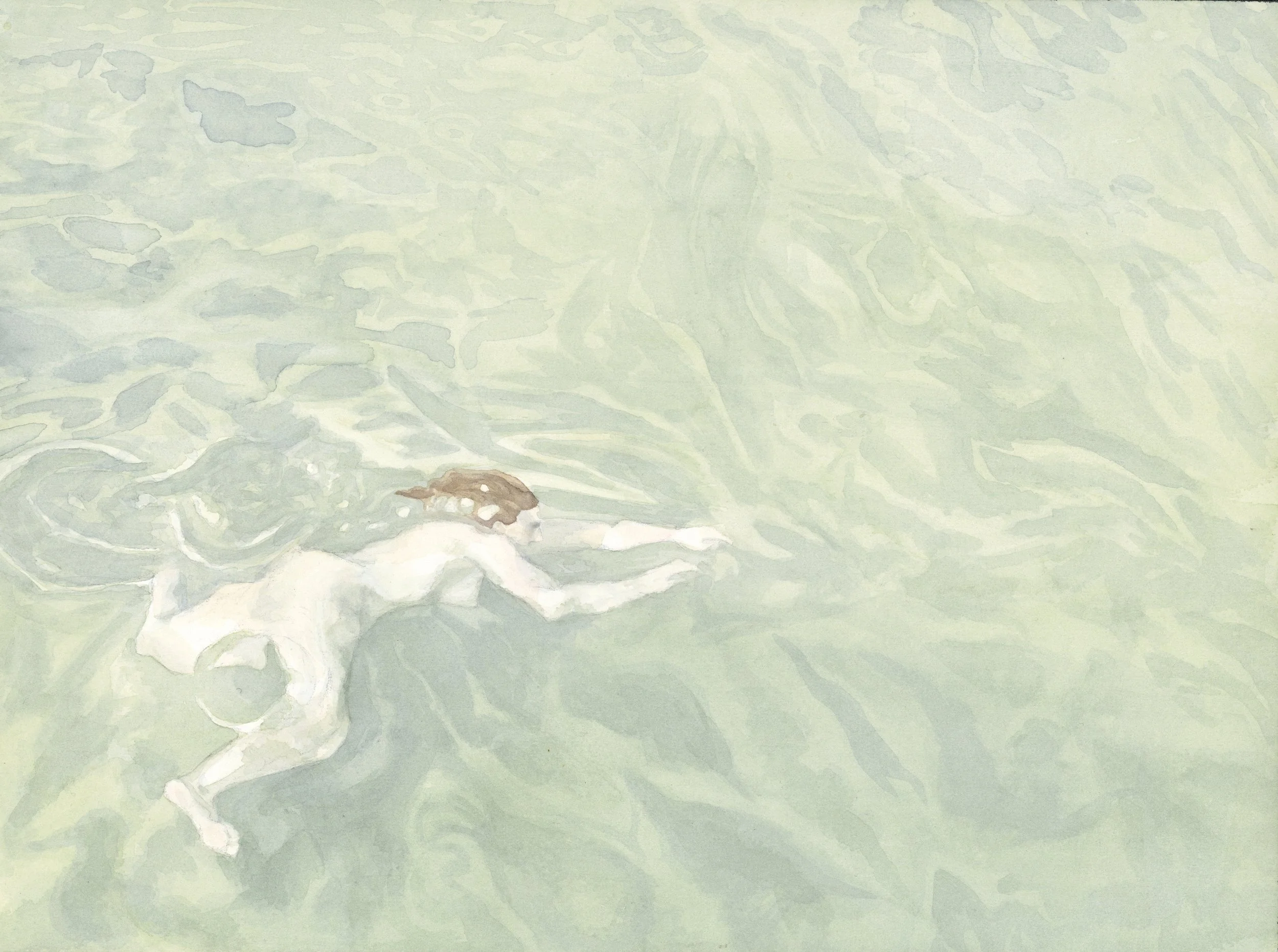
Anatomy of Perception
Limiting our possibility for awareness to five senses greatly impairs our ability to make sense of our senses.
-
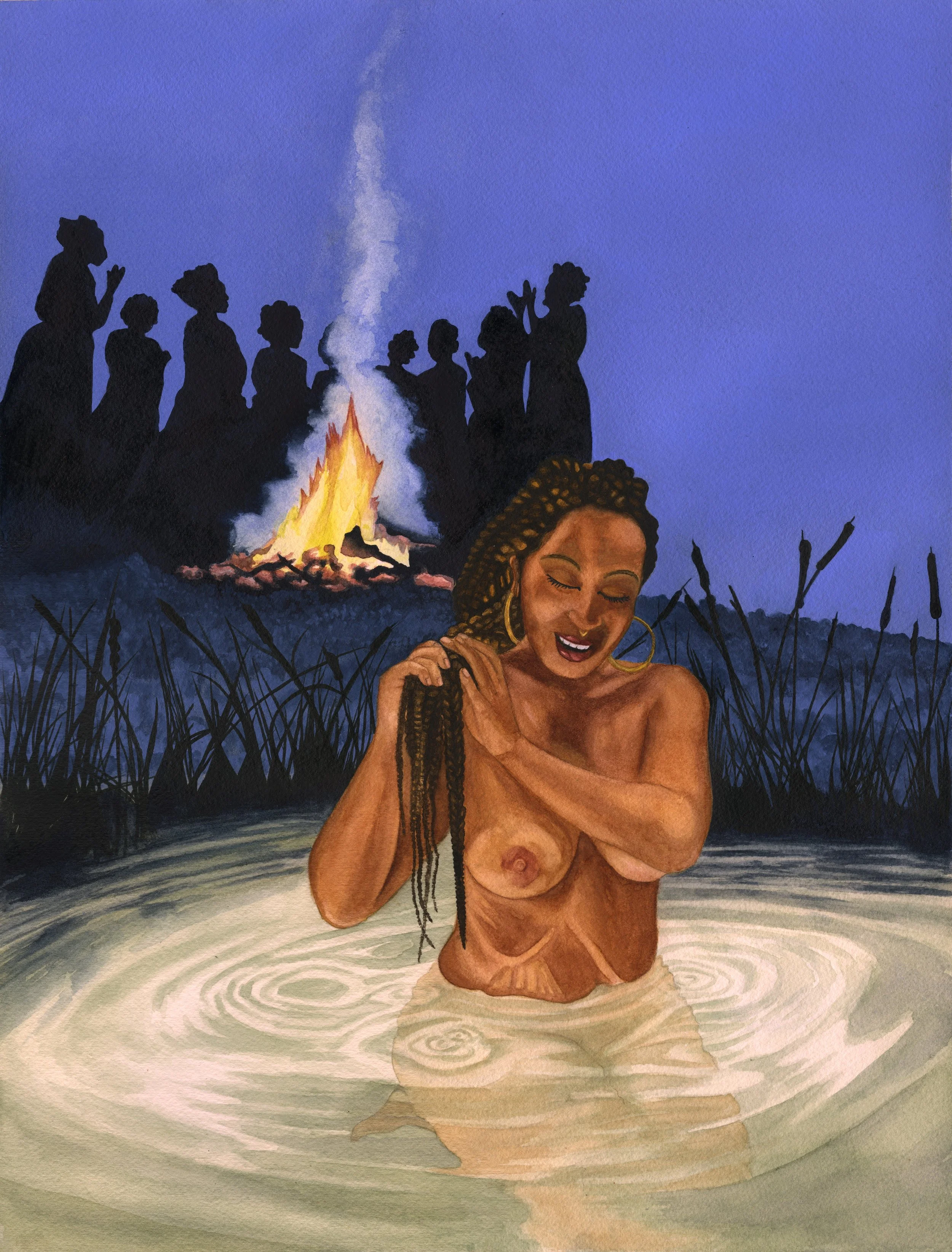
Sensory Remembrance
How can we tend to each other as we recover and cultivate sensitivity in our anatomy?


